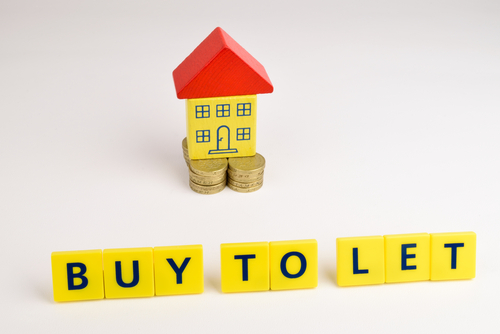The Bank of England may have held base rates at 0.5% yesterday but mortgage costs will start rising in the next few months anyway, brokers have warned.
And many borrowers could quickly find themselves overstretched if the rapidly recovering economy forces an early hike in base rates.
Borrowers can't afford to be complacent because mortgage rates will rise this year even if base rate rates don't, said Jeremy Duncombe, director Legal & General Mortgage Club.
"The reality is that lenders will price in a base rate increase well in advance of any decision and therefore the historically low rates we have seen in recent times are not set to last.
"Borrowers should look at their options and where possible seek advice to tie down a more favourable deal while they still can.
"A rise of just 0.5% on a mortgage for a property worth the UK average of £150,000 could see minimum repayments rise by as much as £750 per year, which may cause problems for homeowners on already stretched budgets.”
Simon Gammon, managing director at Knight Frank, said the money markets are still pricing in an early base rate hike, and this could force up mortgage rates.
"The market’s expectations of when rates will start to rise has been changing in recent months.
"Despite the Bank Governor’s statements on the base rate, money markets now expect a base rate rise later this year and this will start to effect the cost of borrowing for banks, especially swap rates.
"In turn, this is inevitably having an effect on mortgage rates which have started to creep upwards. Mortgage rates will continue to rise this year.
"There are still some very attractive rates available, not least five-year fixed rate loans priced at less than 3%. In addition, the majority of lenders have new lending targets for this year so are effectively starting from zero.
"This could see some increased competition in the market, and some 'January Sales' deals."
Speculation is growing that rapidly plunging unemployment could force the Bank to revise or even scrap its forward guidance.
In September, new governor Mark Carney suggested he wouldn't consider raising base rates until unemployment fell below 7%.
Unemployment has subsequently fallen sharply to 7.4% in October, and some analysts believe it could break through the 7% barrier within months.
Alan Clarke of Scotiabank said unemployment was "falling like a stone" and should hit 7% in the next few months. "As a result, the Bank is likely to modify its forward guidance policy, lowering the threshold to 6.5%, most likely at the February inflation report."
Brian Hilliard at Societe Generale suggested the threshold could even be reduced below 6.5%.
Barry Naisbitt, chief economist at Santander UK set of rapid economic growth has upped the pressure for a base rate hike, but this has been balanced by a drop in inflation to 2.1%, a whisker from the Bank's 2% target.
"This will give a degree of comfort to the MPC that it has scope to hold rates at their current level for some while longer.
"Next month’s Inflation Report and any changes that the MPC may make to its outlook for the economy are likely to be the next areas of focus.”














Comments